Rooftop Solar: Reduce Your Electricity Bill and Increase Savings
Rooftop Solar: Reduce Your Electricity Bill and Increase Savings
The savings from installing rooftop solar will accrue to the consumers by reducing their electricity bill. For the units generated from the solar solution, the consumer does not have to pay the bill to the distribution company (Discom). However the consumer does not get the waiver from paying all the charges.
Breakup of Electricity Bill
The Discom electricity bill consists of the Demand Charges, Energy Charges, Fuel Surcharge, Electricity Duty, Various Taxes, Surcharge on Regulatory ..\assets, and meter rents. Out of these, all charges except Electricity Duty and Various Taxes are specified the State Electricity Regulatory Commission. Electricity Duty is specified by the State Government while the taxes are specified by the Municipalities and the State Government based on the end usage of taxes.
Electricity Bill on Installing Rooftop Solar
The Demand charges or the Capacity Charges are specified as the fixed charges to be paid by a consumer in a month. These charges may vary depending on the consumer’s connected load (in KW terms) or may be a constant for a month. These charges will be borne by the consumer irrespective of the solar generation from the rooftop solar solution.
How Electricity Bill is Calculated on Installing Rooftop Solar
The Energy Charges are specified as the per unit (or kWh) rate and are calculated as the multiplication of energy units consumed and the per unit rate. Also for certain consumers, the energy charges are specifically provided in kVAh terms instead of kWh terms. For converting the consumption in kVAh to kWh, just multiply the kVAh units by the power factor (can take a value of 0.9 normally). The generation from the solar solution (as read from the meter installed with the roof top solar solution) will be reduced from the units consumed as per the consumer’s electricity meter. As such the energy charges will reduce to the extent that the units generated from the solar solution.
The Fuel Surcharge is generally specified by the State regulator on a quarterly basis. The consumers can expect to witness a variation in these charges during a year itself. These charges are sometimes specified as the percentage of the demand charges and the energy charges. In few other states, these charges are specified as the per unit rate which needs to be multiplied by the energy units consumed to get the total Fuel Surcharge. The Fuel Surcharge will also reduce to the extent of generation from rooftop solar.
About Taxes
Electricity duty (ED) and Various Taxes (like municipal tax, water tax etc) are specified on per unit (kWh) of consumption basis by the State Government. Generally the state government specifies differential rates of ED for the units consumed and the units generated from a captive power plant. Most states have not specified an electricity duty to be charged against the rooftop solar generation. As such the consumer will save on the ED also when generating from rooftop solar.
The Municipalities and the State Government have not provided any directive on the collection of various taxes against the generation from solar, therefore the savings from these taxes can be assumed when generating from the rooftop solar.
Surcharge on Regulatory ..\assets are specified by the Regulator as a means to recover the past losses incurred by the Discom. This surcharge is typically specified as a percentage on the Demand Charges and the Energy Charges. The solar generation will help to save this regulatory surcharge also.
Applicable Savings from Rooftop Solar Installation
The table below summarises the savings applicable against various charges.
| SNo. | Type of Tariff or Charge as per Customer Bill | Applicable for the Savings from the Roof top Solar Generation |
| 1 | Demand Charges | Not Applicable |
| 2 | Energy Charges | Applicable |
| 3 | Fuel Surcharge | Applicable |
| 4 | Electricity Duty | Applicable |
| 5 | Various Taxes | Applicable |
| 6 | Surcharge on Regulatory ..\assets | Applicable |
| 7 | Meter Rents and other Miscellaneous Items | Not Applicable |
Suggested Articles

Complete Guide To 100 kW Solar Setup Cost And Benefits In Uttar Pradesh
Planning to install a 100 kW solar power plant in Uttar Pradesh? This guide covers everything — from installation costs and available subsidies to long-term savings and payback time. Learn how investing in solar can reduce your electricity expenses and support a sustainable energy future for your business.
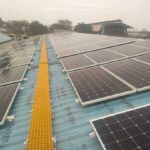
Solar Inverters India: How to Choose the Best for Your Solar System
India’s solar market offers a wide range of inverters, making selection challenging. This guide explains key factors to consider, helping users choose the right inverter for residential, commercial, and industrial solar projects effectively.
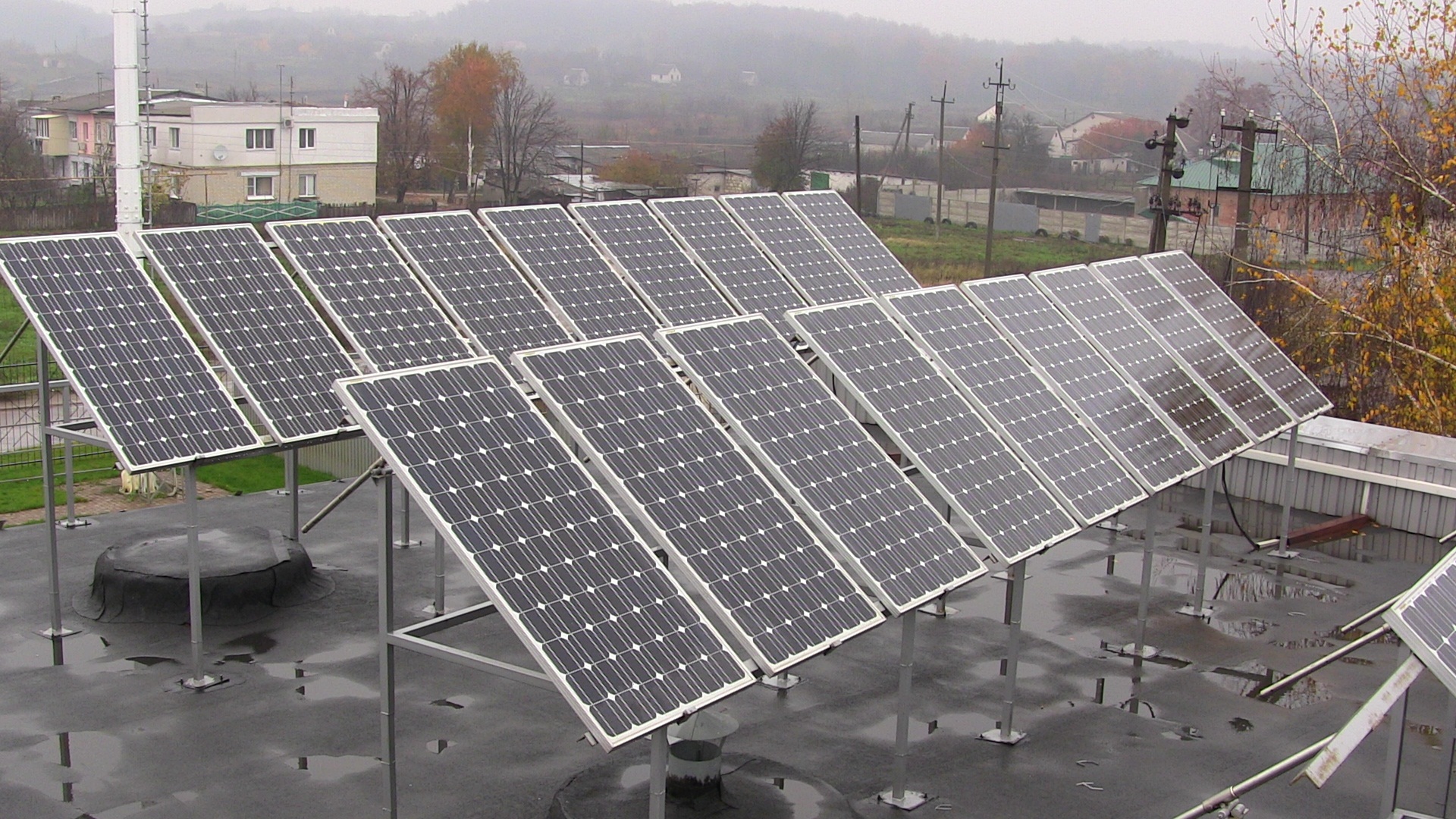
Solar Microgrids: All you need to know
Discover how solar batteries store excess energy, maximize your solar system’s efficiency, and provide reliable power during outages. Learn about the types, benefits, lifespan, and maintenance tips to make the most of your solar investment.

Commercial Solar Power Plant Subsidy in India: What Businesses Need to Know
Businesses in India can reduce their solar installation costs through various MNRE-backed subsidies and state incentives. Learn eligibility, benefits, and the application process for commercial solar plants.

500 kW Solar Power Plant Cost in UP 2025 | Latest Price, Subsidy & ROI
Thinking of setting up a 500 kW solar power plant in Uttar Pradesh? Discover the 2025 cost estimate, available subsidies, and expected ROI. Learn how commercial and industrial projects in UP can reduce energy expenses and achieve long-term savings with solar energy.
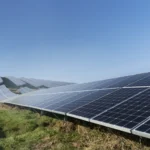
China’s Solar Industry Poised for Continued Growth in 2023 and Beyond
China’s solar industry is set for continued growth in 2023 and beyond, driving global renewable energy expansion and technological advancements.

Capex vs Opex Solar Model: Which is Better for Your Energy Needs?
Solar energy systems are becoming increasingly popular in homes and businesses around the world. With rising electricity costs, solar energy provides an attractive alternative to traditional energy sources.
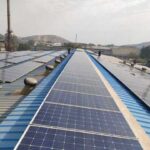
End of Rooftop Solar Subsidy for Industrial & Commercial Consumers: What You Need to Know
The rooftop solar subsidy for industrial and commercial consumers is coming to an end. This guide explains the implications for businesses, updated policies, and strategies to adopt solar power without relying on subsidies.

India and IMT-GT JBC Sign MoU to Boost Energy Efficiency in Southeast Asia
The first meeting of the G20 Energy Transitions Working Group was held in Bengaluru, India, and was a success, with participants sharing a consensus on the priority areas of energy security and diversified supply chains.
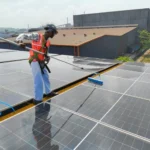
Monitoring Services for Solar Plants by Smart Roof Solar to Maximize Performance and Efficiency
Smart Roof Solar provides advanced monitoring services for solar plants to ensure maximum performance and efficiency. With real-time data tracking and intelligent analytics, our monitoring solutions help detect issues early, reduce downtime, and enhance the overall energy yield of your solar system.